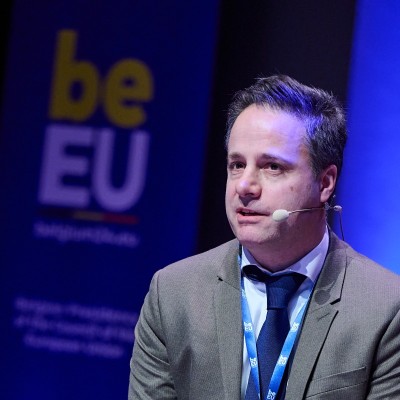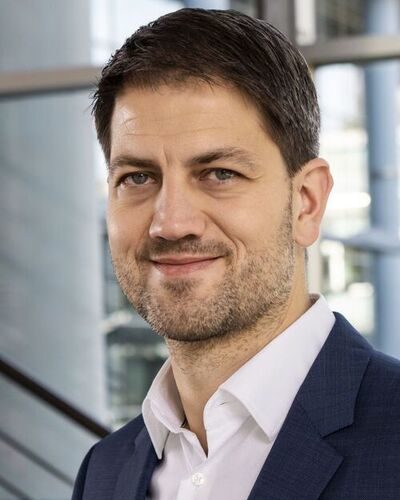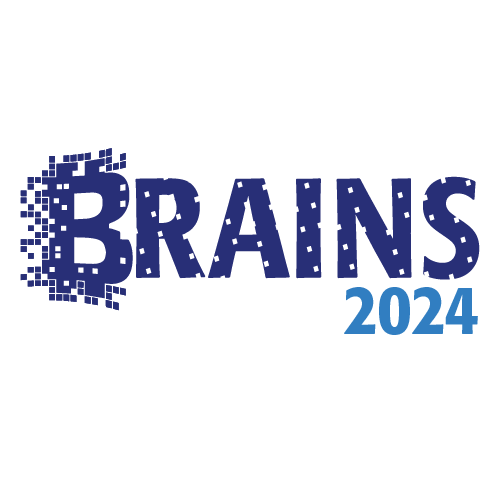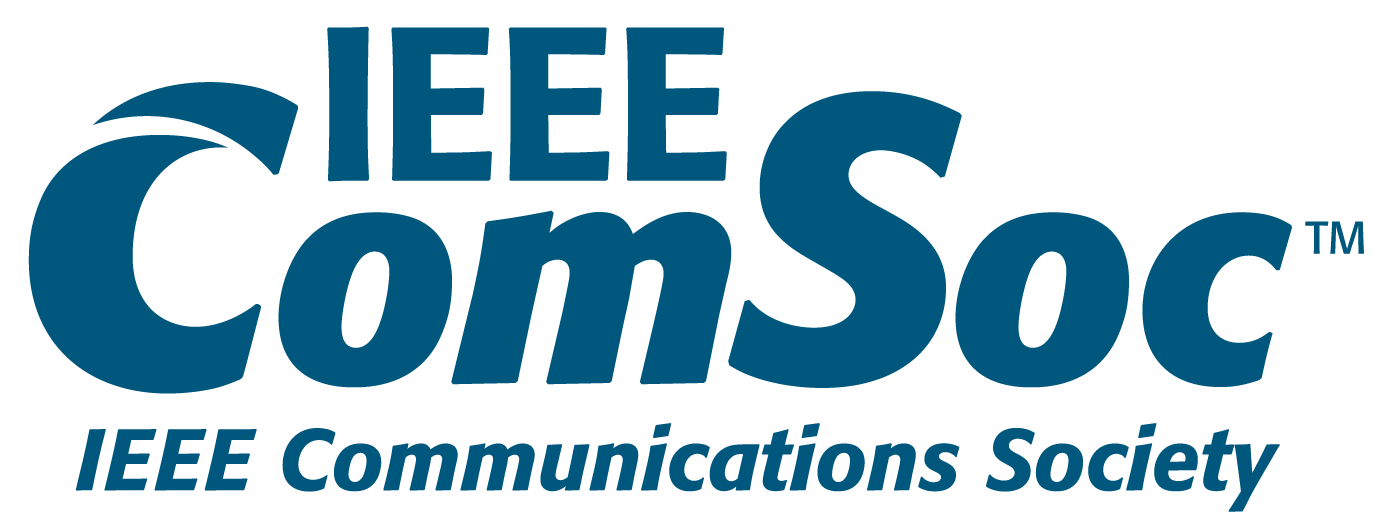BRAINS 2024 Keynotes
Keynote #1
Title: Further Decentralizing Decentralized Finance
Abstract: Automated market makers (AMMs) are automata that trade assets on one or more blockchains. They typically rely on arbitrage agents to keep prices in line with prices set by a shared reference market.
But if there is no reference market? Consider a distributed system where a population of AMMs interact with a population of arbitrage agents who seek to profit from pairwise price differences between randomly-chosen AMMs. We give bounds on convergence rates, arbitrage profits, and the degree to which arbitrageurs can collude to set prices.
Joint work with Maurice Herlihy.

Sergio Rajsbaum
(Professor at Instituto de matematicas, UNAM, Mexico city, Mexico)
Bio: Sergio Rajsbaum received a degree in Computer Engineering from the Universidad Nacional Autónoma de México (UNAM) in 1985, and a PhD in the Computer Science from the Technion, Israel, in 1991. Since then he has been a faculty member at the Instituto de Matemáticas at UNAM. After a postdoc at MIT, he has visited several institutions, currently IRIF-Universite Paris Cite. His research interests are in the theory of distributed computing. He published a book on the topology approach to distributed computability with Maurice Herlihy and Dmitry Kozlov. He has been chair of the Program Committee of conferences such as LATIN, PODC, SIROCCO and a member of the editorial board of IEEE Transactions on Dependable and Secure Computing, Information Processing Letters, and Computer Science Review.
Keynote #2
Title: Building a decentralized infrastructure for Europe to support the EU Digital Identity and EU Digital Product Passport
Abstract: TBA

Daniël Du Seuil
(Research coordinator Cyber3lab at Howest, Belgium)
Bio: Daniel Du Seuil acted as the convenor of the European Self Sovereign Identity Framework within the European Blockchain Partnership. This partnership of 30 EU member states and related countries cooperate in the establishment of a European Blockchain Services Infrastructure (EBSI) that will support the delivery of cross-border digital public services with the highest standards of security and privacy. Daniel supported the taskforce to transform EBSI into the new Europeum Digital Infrastructure Consortium Europeum. Daniel is also the initiator and project co-lead of the Digital Europe Project EBSI-VECTOR, and participating in DEP EBSI-NE and the EUDI LSP DC4EU. He is currently working as research coordinator in Howest University college working on web3 and Cybersecurity, and was the former blockchain program manager of the Flemish government. He is also a member of the EU blockchain observatory and co-initiator of the Belgian blockchain taskforce at Beltug.
Keynote #3
Title: Blockchain Application Design and Development: From Architecture to Analytics
Abstract: Blockchain has emerged as a decentralized platform for managing digital assets and executing ‘smart contracts’, i.e., user-defined programs. On this basis, decentralized applications (Dapps) can be developed and executed.
In this keynote talk, I will provide an overview of what architects and developers need to know in order to build blockchain-based applications, and how it relates to software services. Among others, I will cover architectural concerns and model-driven engineering for blockchain applications, particularly in relation to collaborative business processes. Additionally, I will explore analytics methods for Dapp data, including process mining. This approach offers insights into blockchain-based systems’ behavior and performance, enabling the understanding and optimization of processes and Dapps and user behavior.”

Prof. Dr. Ingo M. Weber
(Full Professor at the Technical University of Munich and Director for Digital Transformation and IT Infrastructure, Fraunhofer, Germany)
Bio: Prof. Dr. Ingo Weber is Full Professor in the Computer Science Department, TUM School of Computation, Information and Technology, at Technical University of Munich, Germany. Ingo Weber is also Director of Digital Transformation and ICT Infrastructure at the Fraunhofer-Gesellschaft. Before moving to Munich, he was Full Professor of Software and Business Engineering at Technische Universität Berlin from 2019 to 2022. Before that, he spent ten years in Sydney, Australia, where he worked for the research institutions CSIRO, NICTA and UNSW. In 2009, he received his PhD from the University of Karlsruhe (TH), now KIT, and worked in parallel for SAP Research.
In his research, Ingo Weber focuses on various subfields of computer science, in particular business process management and process mining, software architecture and engineering, DevOps, blockchain, and applied artificial intelligence (AI). He is author of numerous publications and co-author of the textbooks “DevOps: A Software Architect’s Perspective” (2015) and “Architecture for Blockchain Applications” (2019).












